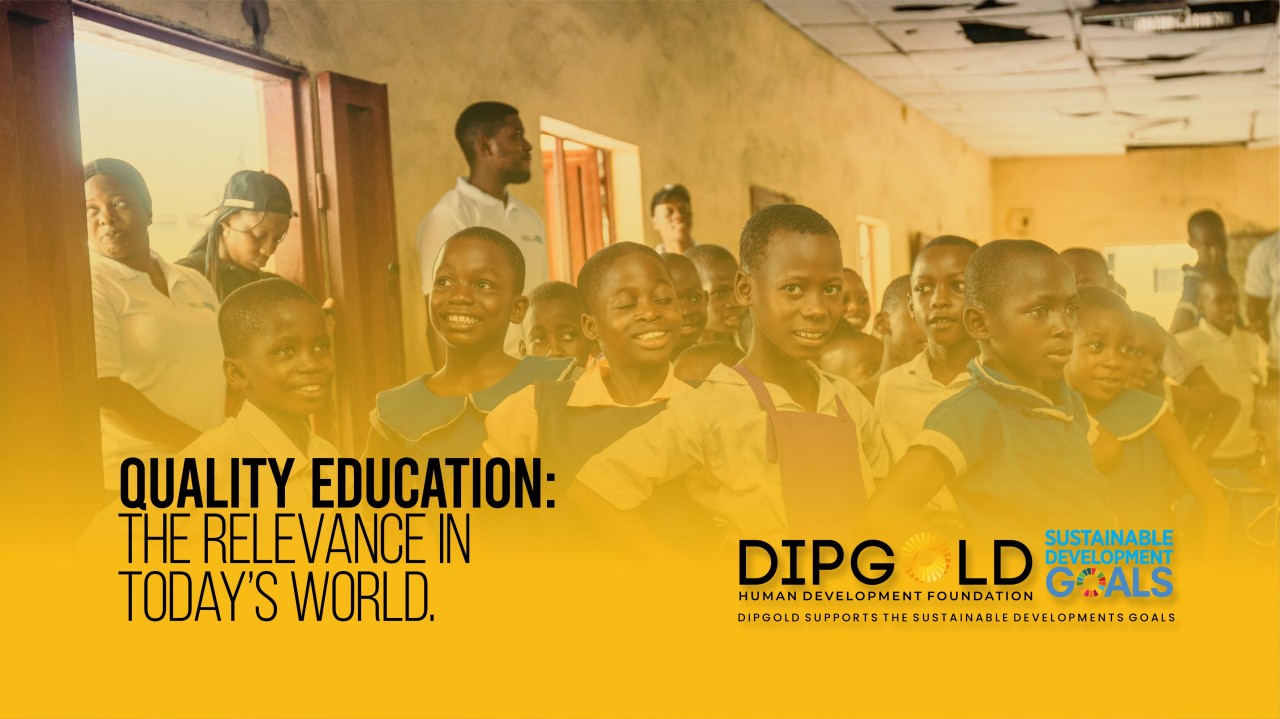
Education is more than just learning facts and figures; it’s a catalyst for personal growth, societal development, and global progress. It empowers individuals to make informed decisions, contribute meaningfully to their communities, and unlock their full potential.
The Benefits of Education
- Personal Empowerment: Education equips individuals with the knowledge and skills to navigate life’s challenges, pursue their passions, and achieve their goals. It fosters critical thinking, problem-solving, and adaptability, preparing people for an ever-changing world.
- Economic Opportunities: A strong education is a gateway to better job prospects, higher earning potential, and financial stability. Educated individuals are more likely to secure employment, contribute to economic growth, and improve their quality of life.
- Social Progress: Education promotes understanding, tolerance, and empathy among different cultures and backgrounds. It fosters civic engagement, active citizenship, and a sense of belonging to a larger community.
- Innovation and Development: Education is essential for driving innovation, research, and technological advancements. It cultivates creativity, curiosity, and the ability to think outside the box, leading to new discoveries and solutions to global challenges.
Challenges and Solutions
Despite its immense value, education faces numerous challenges, including:
- Inequality: Access to quality education is often unequal, with disparities based on socioeconomic status, gender, ethnicity, and geographic location.
- Lack of Resources: Schools in many parts of the world struggle with inadequate infrastructure, funding, and qualified teachers.
- Relevance: Educational curricula may not be aligned with the needs of the 21st century, failing to prepare students for the skills and knowledge required in today’s job market.
To address these challenges, it is crucial to:
- Invest in Education: Governments and communities must prioritize education as a fundamental right and allocate sufficient resources to ensure equitable access for all.
- Improve Quality: Efforts should be made to enhance teaching and learning practices, provide professional development for teachers, and modernize educational curricula.
- Promote Equity: Policies should be implemented to eliminate educational disparities based on socioeconomic status, gender, ethnicity, and geographic location.
- Foster Lifelong Learning: Encourage a culture of lifelong learning, providing opportunities for individuals to continue their education throughout their lives.
Education is the foundation upon which societies are built. By investing in education, we can empower individuals, create a more equitable and just world, and unlock the full potential of human ingenuity.

